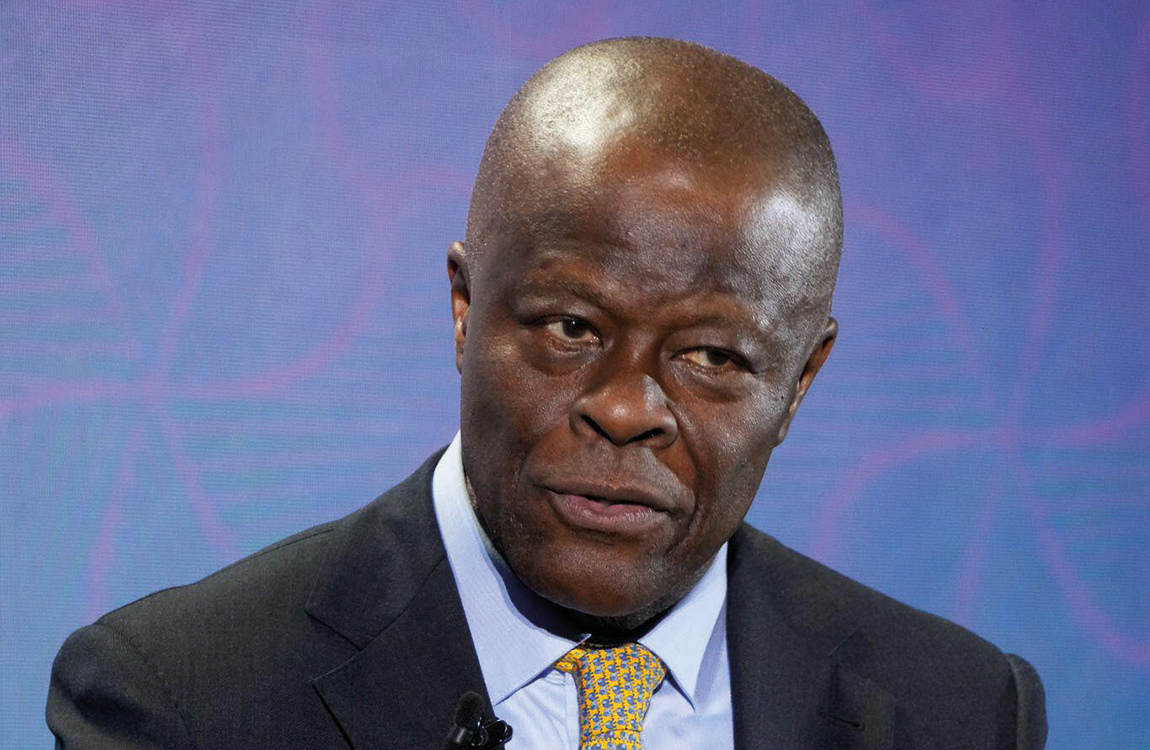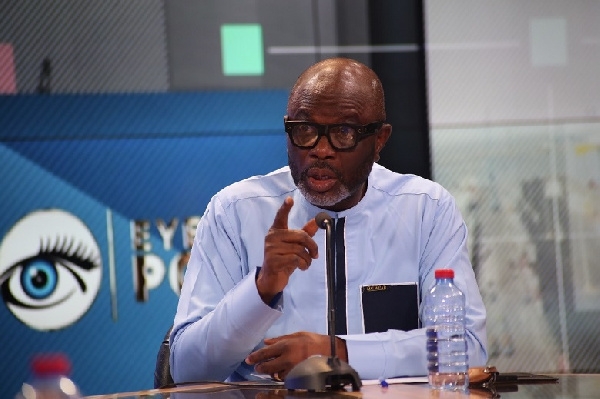WHO urges focus on global health goals amid instability
WHO director-general Tedros Ghebreyesus has urged member states to stay committed to shared global health goals despite ongoing global instability.
Mr Ghebreyesus made the call on Monday at the 78th World Health Assembly in Geneva.
“We are here to serve not our own interests, but the eight billion people of our world. We aim to leave a heritage for future generations and work together for a healthier, more peaceful, and more equitable world. It is possible,” he said.
The 78th WHA, WHO’s highest decision-making body, runs through May 27 and brings together delegations from 194 member states.
The 2025 agenda included discussions on climate, antimicrobial resistance, and digital health and a vote on the highly negotiated Pandemic Agreement.
The proposed WHO pandemic accord, which sought to prevent fragmented global responses like the one seen during COVID-19, resulted from three years of negotiations.
If adopted, it would become only the second legally binding global health treaty under WHO’s founding rules, following the 2003 Framework Convention on Tobacco Control.
Mr Ghebreyesus also highlighted WHO’s progress in various areas, such as a one-third reduction in global smoking rates since implementing the tobacco control framework and efforts to improve air quality and climate-resilient health systems.
He also lauded countries like Côte d’Ivoire, Oman, and Vietnam for introducing stronger regulations on tobacco and e-cigarettes.
He noted some stalled progress in maternal and child health but emphasised new initiatives to reduce newborn mortality. He celebrated the global achievement of 83 per cent immunisation coverage and highlighted notable successes in disease elimination, including Cabo Verde, Egypt, and Georgia becoming malaria-free.
However, Mr Ghebreyesus expressed concern over a $500 million shortfall for the next biennium, which could reduce the scope of WHO’s work.
Member states are expected to vote on a proposed 20 per cent increase in assessed contributions, alongside a reduced budget of $4.2 billion for 2026–2027, down from the earlier proposal of $5.3 billion.
He pointed out the disproportionate global spending priorities, contrasting the WHO budget with military expenditures and the tobacco industry’s advertising costs, calling for re-evaluating global values.
(NAN)
We have recently deactivated our website's comment provider in favour of other channels of distribution and commentary. We encourage you to join the conversation on our stories via our Facebook, Twitter and other social media pages.













